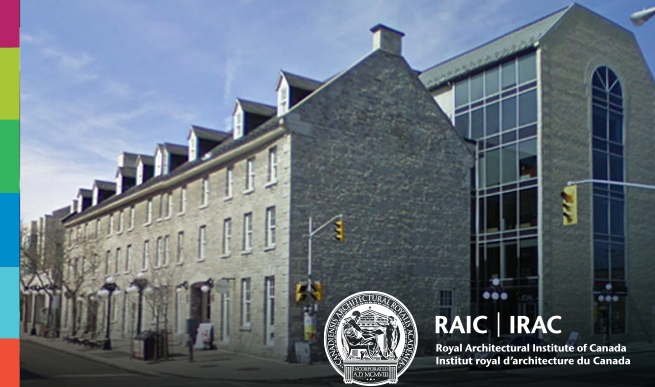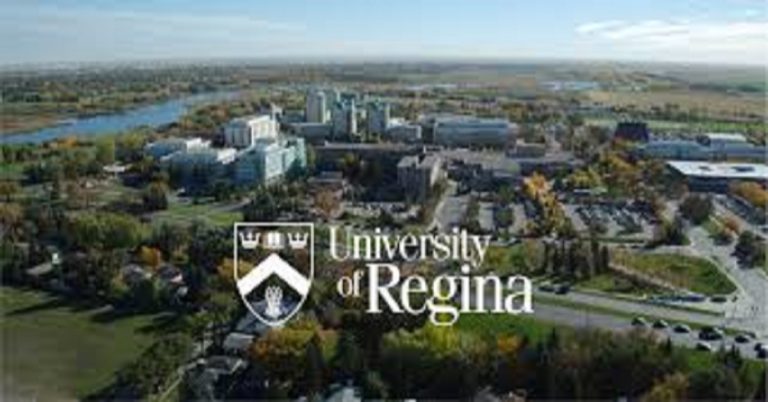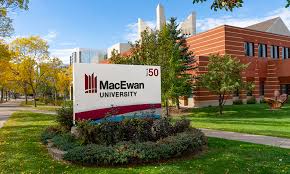
At the Department of Biotechnology and Food Science there is a vacancy for a permanent position as Associate Professor in microbial ecology. The hired person will have responsibility for research and teaching in microbial ecology.
The hired person will be part of division “Analysis and Control of Microbial Systems” (ACMS). Important research topics in this group are environmental biotechnology and microbial ecology, with a particular focus on biological water treatment, microbial processes in aquaculture systems, and microbe – fish interactions. By combining environmental biotechnology and microbial ecology, we have aimed at developing knowledge-based management of engineered ecosystems. For biological production systems, for example aquaculture systems, we use the same principles to study the management of host – microbe interactions. The successful candidate is strong in quantitative microbial ecology, and has a documented ability to apply theoretical concepts and advanced statistical analysis and/or mathematical modelling. The hired person is expected to contribute to and expand the ongoing research in the ACMS group, particularly with research aiming to improve the mechanistic understanding and the potential for predicting and managing microbial communities in applied processes. The candidate is also expected to develop interdisciplinary collaborations outside the research group.
The employed candidate will report to the Head of Department.
The Department of Biotechnology and Food science has a national role and responsibility for research and teaching in biotechnology and food science and a wide range of expertise. We have a special responsibility of teaching in the disciplines of biochemistry and microbiology. The scientific activity is organized in the four main areas of Biopolymers and Biomaterials, Food Science, Microbial Biotechnology, and ACMS. The department focuses on developing integrated research and teaching divisions where researchers and lecturers within related fields can establish strong units. The Department of Biotechnology and Food Science hosts the national center for biotechnology training, research and innovation: Center for Digital Life Norway.
Responsibilities
- Responsibility for teaching in microbial ecology and general microbiology
- Initiate research in the field of microbial ecology, and take part in interdisciplinary research collaborations, both within the ACMS group, and with other national and international partners
- Participate in the further development of the ACMS-division
- Initiate new research programs and engage extensively in applications for external funding from e.g., the Research Council of Norway, European research and educational agencies, the industry sector, and other available resources
- We strongly encourage candidates with ambitions to apply for ERC-SG or ERC-CG grants.
Required Qualifications
You must have the qualifications required for the position of associate professor in the field of microbial ecology, as outlined in the Regulations concerning appointment and promotion to teaching and research posts section 1-4.
- Your PhD, or academic work of the same scope and quality, must be within microbial ecology or a closely related field
- Documented experience with quantitative microbial ecology and a documented ability to apply theoretical concepts and advanced statistical analysis and/or mathematical modelling relevant to microbial ecology
- You must have a minimum of two years of relevant research experience after your PhD
- You must document ability to attract external funding from national and/or international funding agencies
- You must document an existing research network and ability for collaboration across institutions
You must document relevant basic competence for teaching and supervision at university/higher education-level, ref. Regulations. If this cannot be documented, you are required to complete an approved course in university teaching within two years of commencement. NTNU offers qualifying courses.
It is a prerequisite that within three years of appointment, new employees who do not speak a Scandinavian language can demonstrate skills in Norwegian or another Scandinavian language equivalent to level three in the course for Norwegian for speakers of other languages at the Department of Language and Literature at NTNU.
Preferred Qualifications
- Research experience related to the microbial ecology of applied processes, preferably relevant to aquaculture systems, host – microbe interactions, and/or biological water treatment
- Teaching experience from higher education
- Experience with collaboration with the industry
Personal qualities
- Ambitious
- Teamwork skills
- Interest in interdisciplinary activities
- Ability to initiate new projects
We offer
- exciting and stimulating tasks in a strong international academic environment
- an open and inclusive work environment with dedicated colleagues
- favourable terms in the Norwegian Public Service Pension Fund
- employee benefits
Salary and conditions
The position as an Associate Professor (code 1011) you will be remunerated according to the Basic Agreement for the Civil Service, depending on qualifications and seniority. As required by law, 2% of this salary will be deducted and paid into the Norwegian Public Service Pension Fund.
Employment will be granted in accordance with the principles outlined in the Civil Service Act, and the regulations concerning the export of expertise, technology, and services. Applicants should be aware that there may be changes in the working environment after employment has commenced.
It is a prerequisite that you be able to be present and accessible at the institution daily.
Application Process
You can find more information about working at NTNU and the application process here.https://www.youtube.com/embed/bwfNPj8HxHw?autoplay=0&modestbranding=1&playsinline=0&rel=0&start=0&enablejsapi=1&origin=https%3A%2F%2Fwww.jobbnorge.no&widgetid=2
About the application
The application and supporting documentation must be in English.
Please note that applications are only evaluated based on the information available on the application deadline. You should ensure that your application shows clearly how your skills and experience meet the criteria which are set out above.
If, for any reason, you have taken a career break or have had an atypical career and wish to disclose this in your application, the selection committee will take this into account, recognizing that the quantity of your research may be reduced as a result.
The application must include:
- CV, certificates and diplomas
- A teaching portfolio, in which your teaching competence is compiled and presented systematically, (See guidelines for applicants: Documentation of teaching qualifications in applications and appointments to academic positions at NTNU)
- Academic works – published or unpublished – that you would like to be considered in the assessment (up to 10 works)
- A description of the academic/artistic works that you regard as most relevant and that you particularly want to be considered in the assessment
- A list of your previous works, with details on where they have been published
- A research plan
- Details of projects for which you have served as project manager, including information on financing, duration, and scope
- Names and contact information for three relevant references
Joint works will also be considered. If it is difficult to identify your specific input to a joint project, you must include evidence of your contributions.
While considering the best-qualified applicants, we will pay particular attention to personal qualities, your motivation for applying for the position, and your pedagogical skills and qualifications. Our assessment will be based on documented pedagogical material, forms of presentation in your academic works, teaching experience, PhD, and Masters supervision, and any other relevant pedagogical background. Both quality and scope will be taken into consideration.
NTNU is required to oblige by the evaluation criteria for research quality in accordance with The San Fransisco Declaration on Research Assessment – DORA. This means that we will pay particular attention to the quality and academic range demonstrated by your scientific work to date. We will also pay attention to research leadership and participation in research projects. Your scientific work from the last five years will be given the most weight.
Your application will be considered by an expert committee. Candidates of interest will be invited to an interview and to deliver a trial lecture.
General information
NTNUs personell policy emphasizes the importance of equality and diversity. We encourage applications from all qualified candidates, regardless of gender, disability, or cultural background. NTNU is working actively to increase the number of women employed in scientific positions, and has a number of resources to promote equality.
The city of Trondheim is a modern European city with a rich cultural scene. Trondheim is the innovation capital of Norway with a population of 200,000. The Norwegian welfare state, including healthcare, schools, kindergartens and overall equality, is probably the best of its kind in the world. Professional subsidized day-care for children is easily available. Furthermore, Trondheim offers great opportunities for education (including international schools) and possibilities to enjoy nature, culture and family life and has low crime rates and clean air quality.
As an employee at NTNU, you must continually maintain and improve your professional development and be flexible regarding any organizational changes.
In accordance with public law your name, age, job title, and county of residence may be made available to the public even if you have requested not to appear on the public list of applicants.
If you have any questions regarding the position, please contact Head of Department Andreas Møllerløkken, or Professor Ingrid Bakke. If you have questions regarding the recruitment process, please contact Ranveig Nerhoel.
The application and all attachments should be submitted electronically via jobbnorge.no. If you are invited to interview, you must bring with you notarized copies of all references and diplomas.
Application deadline: 15.11.2021
NTNU – knowledge for a better world
NTNU – knowledge for a better world
The Norwegian University of Science and Technology (NTNU) creates knowledge for a better world and solutions that can change everyday life.
Department of Biotechnology and Food Science
Our activities contribute to increased exploitation of existing and new ingredients for sustainable food production as well as next-generation energy solutions and medical technology. We educate graduates for a wide range of careers in industry, public administration and academia. The Department of Biotechnology and Food Science is one of eight departments in the Faculty of Natural Sciences.



